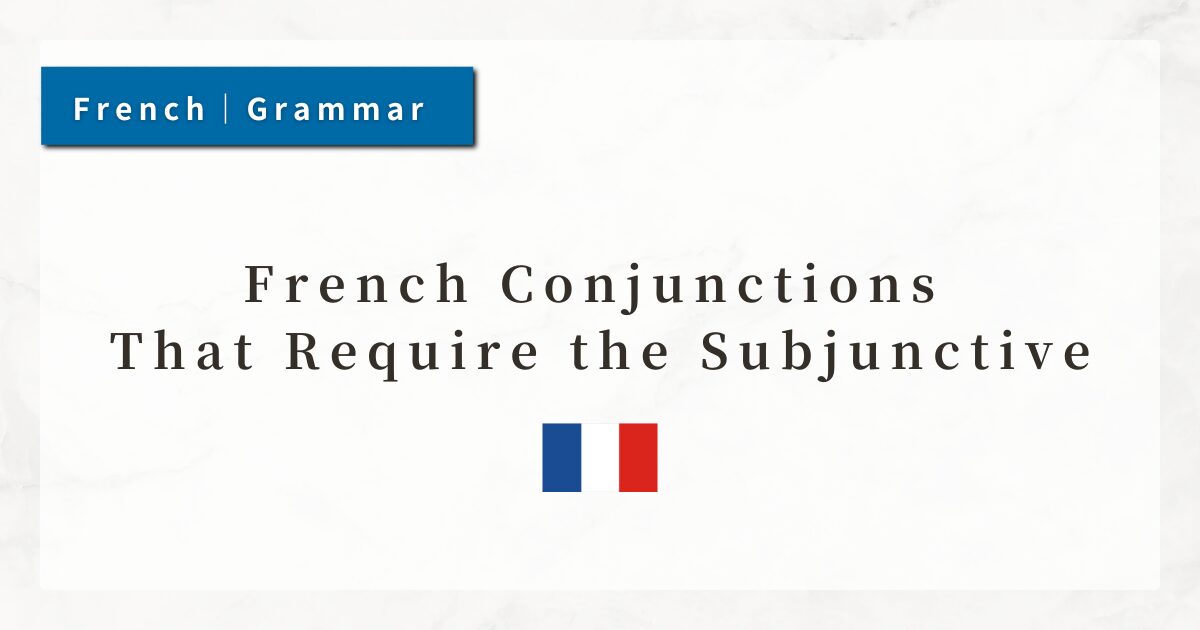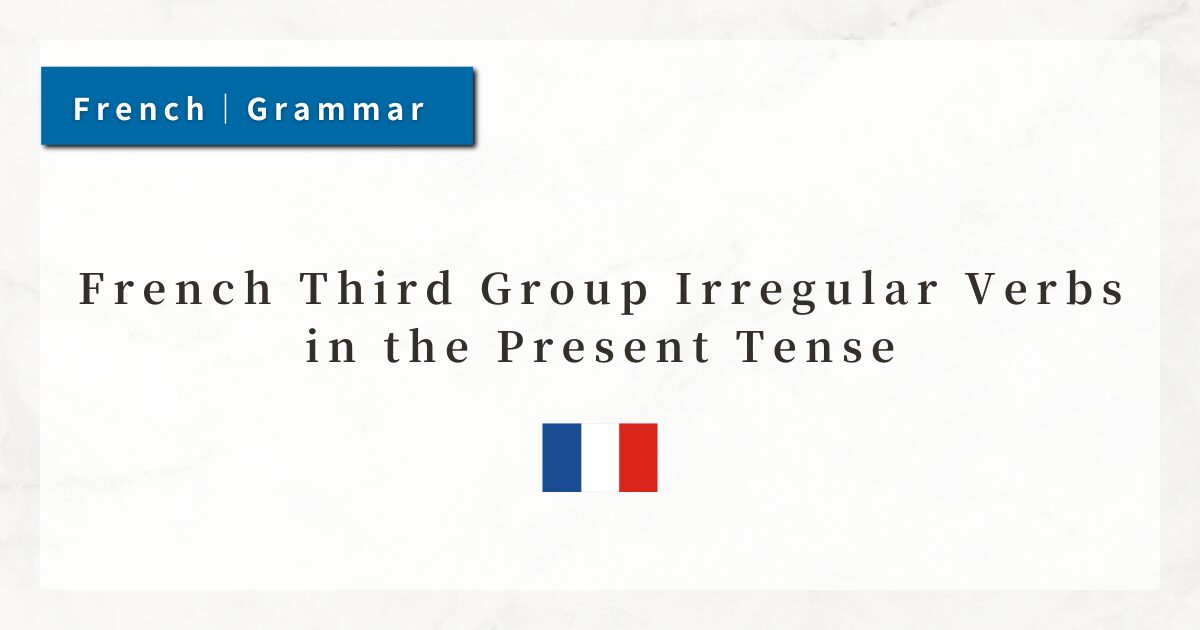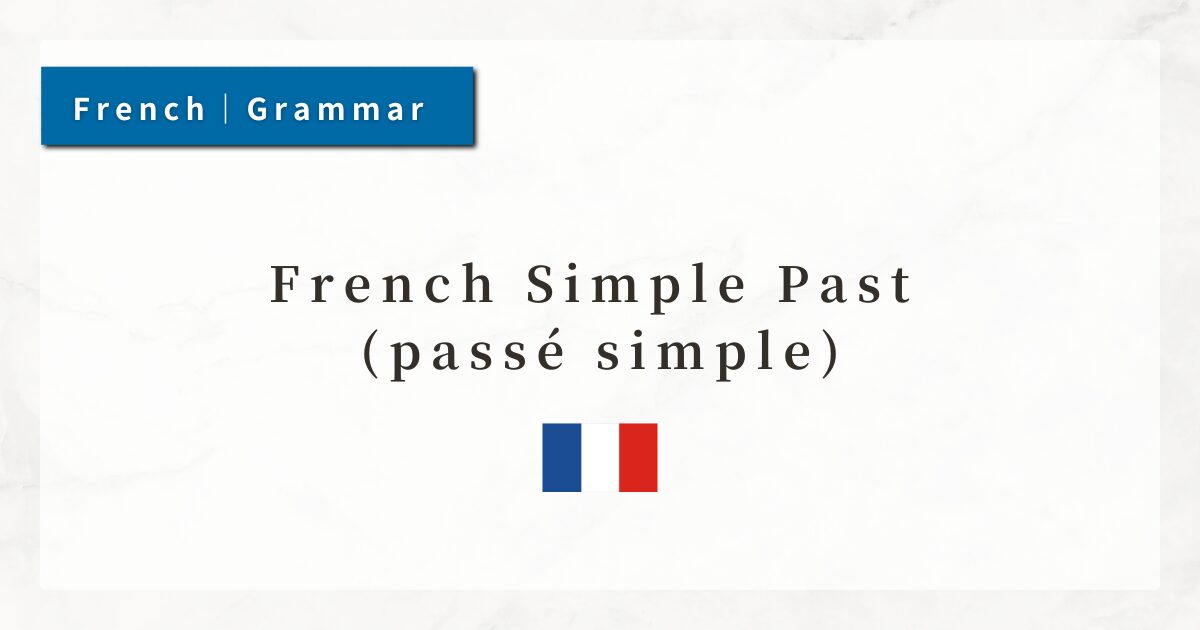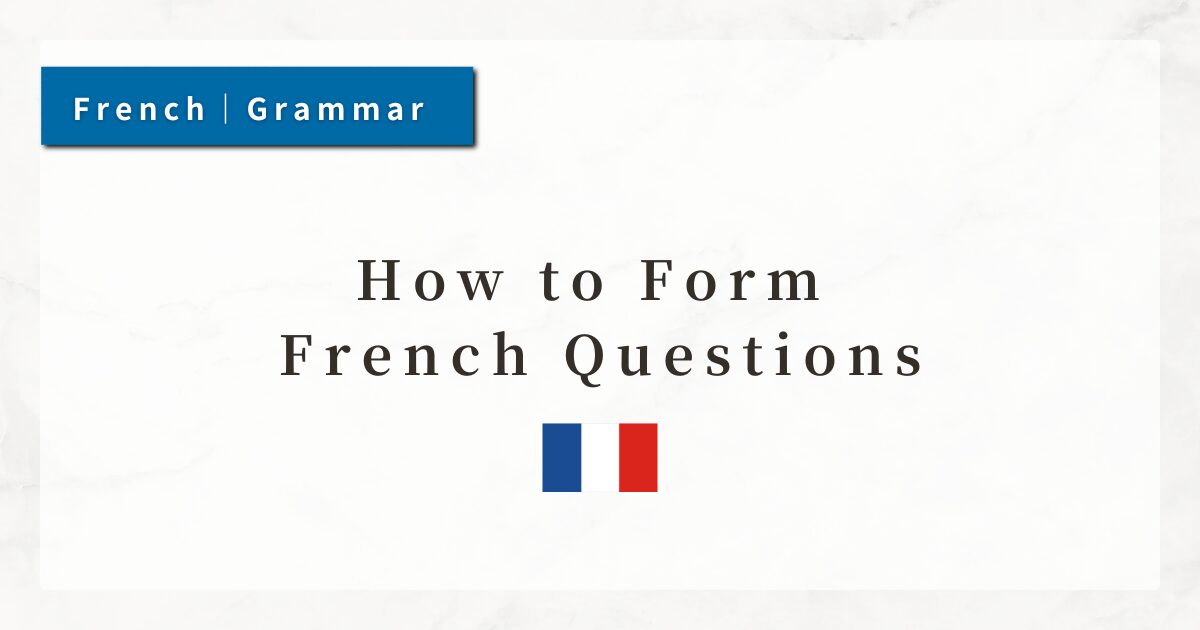#67 French Conjunctions That Require the Subjunctive | Usage with Examples

In French, there is a special verb form known as the subjunctive. It is used not to describe facts, but rather to express emotions, judgments, uncertainty, intentions, or purpose.
The subjunctive is not determined solely by the meaning of the verb; in many cases, its use is required by specific conjunctions.
In this lesson, I will explain the main conjunctions that require the subjunctive, how they are used, and points to watch out for.
1. The Relationship Between the Subjunctive and Conjunctions
The French subjunctive is used when describing something that is not a definite fact, but instead reflects the speaker’s emotions, evaluation, intentions, conditions, or uncertainty.
Conjunctions connect the main clause and the subordinate clause, creating a semantic relationship.
When the subordinate clause introduced by a conjunction refers to something uncertain, conditional, or not yet realized, the verb in that clause must appear in the subjunctive (present or past).
- Je pars avant qu’il n’arrive.
(I am leaving before he arrives.)
“He arrives” has not yet occurred = uncertain → subjunctive required.
2. Common Conjunctions That Require the Subjunctive
2-1. Conjunctions of Purpose
These conjunctions express intention or purpose, referring to actions not yet realized, which therefore require the subjunctive.
- pour que
(so that / in order that) - afin que
(so that / in order that) - de peur que
(for fear that / lest)
- Je parle lentement pour que tu comprennes.
(I speak slowly so that you can understand.) - Elle se dépêche afin qu’elle soit à l’heure.
(She is hurrying so that she will be on time.)
2-2. Conjunctions of Condition or Hypothesis
These conjunctions express conditions under which an action may occur, thus requiring the subjunctive.
- à condition que
(on the condition that) - pourvu que
(provided that / as long as) - à moins que
(unless)
- Nous partirons à condition qu’il fasse beau.
(We will leave if the weather is good.) - Tu peux venir pourvu que tu sois à l’heure.
(You may come provided you are on time.)
2-3. Conjunctions of Concession or Restriction
These conjunctions convey concession, often expressing contrast between fact and evaluation, requiring the subjunctive.
- bien que
(although / even though) - quoique
(although / even though) - encore que
(although / even if)
- Bien qu’il soit fatigué, il continue à travailler.
(Although he is tired, he continues working.)
2-4. Conjunctions of Time and Deadline
When referring to future or uncertain events, temporal conjunctions trigger the subjunctive.
- avant que
(before) - jusqu’à ce que
(until)
- Ferme la fenêtre avant qu’il n’entre.
(Close the window before he comes in.) - Attends ici jusqu’à ce que je revienne.
(Wait here until I return.)
3. Why Conjunctions Require the Subjunctive
The subjunctive expresses uncertainty, subjectivity, or actions not yet realized.
Depending on the conjunction, the subordinate clause may refer to something uncertain or intentional, requiring the subjunctive rather than the indicative.
- Fact (indicative):
Je sais qu’il est là.
(I know that he is there.) - Uncertainty / intention (subjunctive):
J’attends qu’il vienne.
(I am waiting for him to come.)
4. When the Subject Is the Same, Use the Infinitive
Even if a conjunction typically requires the subjunctive, when the subject of the main clause and the subordinate clause is the same, the infinitive is used instead.
- Different subjects → subjunctive:
Je ferme la porte pour que les enfants ne sortent pas.
(I close the door so that the children do not go out.) - Same subject → infinitive:
Je ferme la porte pour ne pas sortir.
(I close the door in order not to go out.)
By applying this rule, you can avoid unnecessary use of the subjunctive and make your expression more concise.
5. Summary
- Conjunctions that require the subjunctive make the verb in the subordinate clause take a subjunctive form.
- Most such conjunctions express purpose, condition, concession, or time, referring to uncertain events, future actions, or the speaker’s intention.
- When the subject is the same in both clauses, the infinitive is used instead of the subjunctive.
- It is important to understand not only the forms of the subjunctive but also the semantic background: whether the clause expresses certainty or uncertainty.




